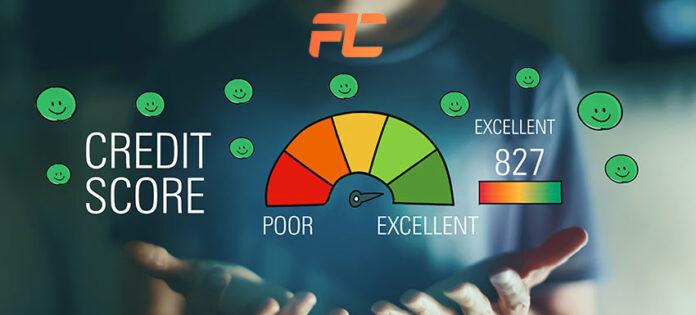Losing a job can be a traumatic experience for which no one is prepared. It can have a negative impact on every aspect of your life, especially if you are the family’s lone income. An unexpected layoff can throw your personal and professional lives into disarray, requiring you to reevaluate your priorities and make future preparations. You may need to rethink your spending habits and adapt your lifestyle until you can reclaim financial independence and acquire job.
While it is normal for you to concentrate almost entirely on finding a new employment, you must also consider the often-overlooked consequences of losing your work. Many people are unaware that losing a job and being unemployed for an extended length of time might have a negative impact on your credit score. To be clear, your credit score considers your previous loans and debts, as well as your repayment history, but it does not include whether you are employed or jobless. As a result, job loss has no effect on your credit score unless you can pay off all of your debts or loans on schedule.
One of Philipines four major credit scoring agencies, Credit score, compiles credit ratings. These agencies use your loan and credit card information from the last seven years to compile your credit report. Despite the fact that your credit report contains no information on your employment status, work history, or personal income, the truth is that losing a job increases the risk of defaulting on EMIs, decreasing your credit score.
How can I raise my credit score after losing my job?
It is not as difficult as it may appear to improve your credit score. It may take some time, but by being responsible and creating solid financial habits, you may improve your situation. Here are some steps you should take to enhance your credit score, especially if you have recently lost a job:
On-time bill payment
You may gradually but steadily raise your credit score by paying your payments on time. Your credit score is heavily influenced by your payment history. You can raise your credit score over time if you start paying your payments on time each month.
Getting out of debt
To improve your credit score, minimize your credit card debt and lower your credit use ratio. If you have some money saved up, you can use it to foreclose on lesser loans and save money on interest.
Requests for new credit should be limited.
New requests remain on your file for nearly two years, but their impact diminishes as time passes. As a result, keep the number of hard queries for new credit to a minimum. Do not apply for a loan if you know you will not be able to repay it without a steady work.
Examine your credit report for errors.
It is critical to keep an eye on your credit report on a regular basis since mistakes might happen. Furthermore, the record may not be updated in a timely manner to indicate whether you have returned a debt or have foreclosed. Check your credit score and report every six months or so, as a general guideline.
Clear all outstanding debts.
If you have any overdue credit card or loan instrument payments, you must make them in order to boost your credit score. Late payment information, as well as how late the payment was, is kept on your credit file. Your credit score will deteriorate as more time passes.
Even if you lose your work, it is critical to maintain a strong credit score. Because many companies conduct credit checks as part of the recruiting process, having a bad credit history can lead to you losing out on opportunities, so make sure you pay all of your bills on time and work to improve your credit score. While you must focus on finding employment, do your best to maintain a high credit score so that you may easily land your next job.







